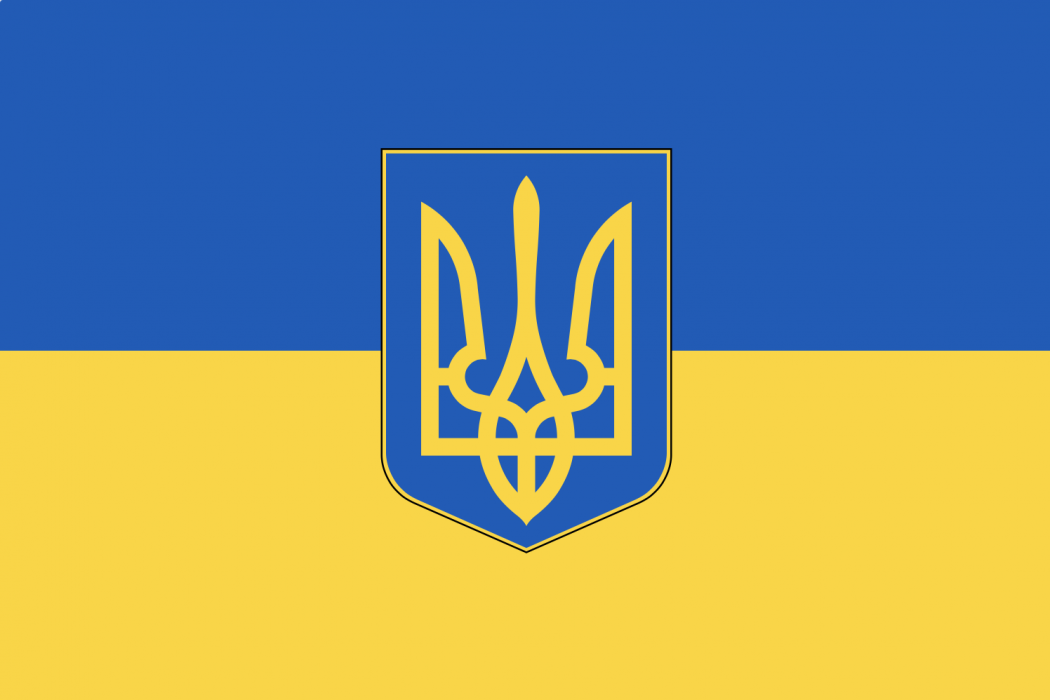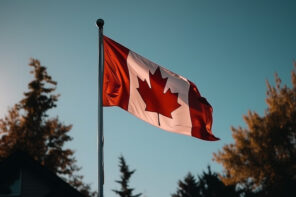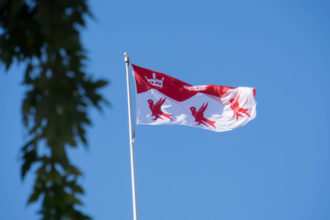On Tuesday, March 15, The McGill Institute for the Study of Canada conducted a panel via Zoom to share Canadian perspectives on the Russian invasion of Ukraine. The panel was moderated by McGill Political Science Professor Daniel Béland and featured professors and graduate students in related fields.
Since Russia launched a full-scale military invasion into Ukraine on February 24, 2022, the United Nations has reported that at least 900 civilians have died and 3.6 million have fled to neighboring countries to seek refuge.
David Marples, University Professor of Russian and East European History at the University of Alberta, said he anticipated a Russian invasion, but not to this scale. According to the New York Times, the invasion is “the biggest military mobilization in Europe since World War II,” and Marples said the war has “hit virtually all regions and major cities of Ukraine.”
Panel members emphasized the robustness of the Ukrainian resistance. Dominique Arel, Associate Professor of Political Science and Chair of Ukrainian Studies at the University of Ottawa, highlighted Ukraine’s strength as a nation. To Arel, the Russian invasion has triggered nation-building and cohesion that Ukraine lacked throughout the 2000s.
Putin’s gravest miscalculation, according to the panelists, was underestimating the strength of Ukraine and its citizens. Arel’s take is that Putin thought Ukraine would collapse on its own and Russia would not have to do much to seize the territory. Daria Glazkova, an MA Candidate at the University of Toronto shared a similar view, stating Putin seems to have “terribly miscalculated the identity part of Ukraine that has enabled remarkable unity and resistance”. The Guardian and BBC News also testify that the resilience of Ukraine has “continued to surprise Russia”.
Approximately 4 percent of Canadians are of Ukrainian descent, the majority of whom are Canadian born. Anastasia Leschyshyn, a PhD Candidate at McGill, said Ukrainian Canadians have a strong interest in their European homeland, with the desire to maintain an economic and political relationship. The conflict has been challenging and heartbreaking for Ukrainian Canadians, as they have deep connections to their culture and country.
Glazkova has family living in Odesa, a port city in Southern Ukraine. Many people in Odesa have chosen to stay in the city and continue working despite their fears, which Glazkova claims is the people’s way of fighting back against Russia. Many volunteers from the city also deliver protective gear and food to the Ukrainian military in different regions.
Leschyshyn cited Facebook as an important tool in the conflict, with people asking for places to stay and posting announcements of institutions and families prepared to accept refugees. Leschshyn also described wide support from Ukrainian scholars, who are sharing information about resources to help other Ukrainians.
The panelists recommended several reliable sources of information on the conflict for those looking to learn more. Anastasia Leschyshyn shared https://kyivindependent.com/ as a reliable source for information from Kyiv. She also shared numerous twitter accounts – @TimothyDSnyder, @steven_seegal, and @anneapplebaum – to hear perspectives from the war from the inside. Glazkova noted the importance of hearing the individual stories of the people on the ground in the conflict.
How You Can Help
The panel provided resources on how to help displaced scholars in Ukraine, which you can find here. Hope for Ukraine is accepting donations to help citizens with basic necessities. For additional information and resources on how you can help, check this page out.








